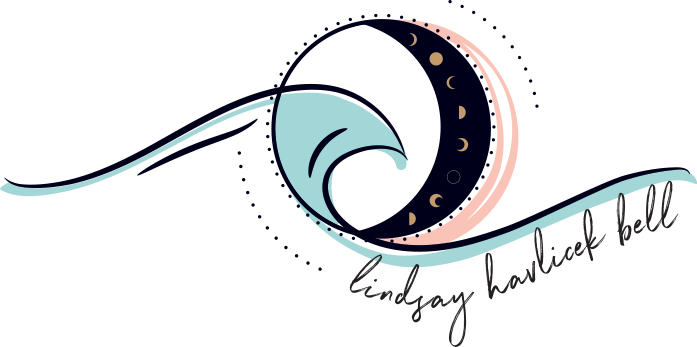What's the Difference Between Therapy and Coaching?
Before I had my son in 2015, I was working as a full time school psychologist and clinical psychologist. 90% of my work was psychological assessments and therapy. But I had also undergone training for coaching, and the other 10% of my clients were coaching clients. In addition, many of my therapy clients also cared about optimizing their lives, and so I would implement coaching strategies into my work with them. The industry as a whole looked very different.
Fast forward to 2022, and the coaching industry has literally exploded— which is great! Everyone can benefit from coaching. A good coach can fast track progress, and make a huge impact on the quality of someone’s life.
With the explosion of coaching, I believe it’s very important to distinguish the difference between therapy and coaching, as lines have been blurred. Many coaches (think mindset coaches for one example) are actually practicing therapy without a license and don’t know it, or they’re working within an area that they don’t have adequate training in.
Therapy is about helping someone function by overcoming forms of psychopathology (mental illness) such as depression, addiction, trauma, anxiety disorders, personality disorders, and so forth.
Coaching is about helping someone flourish through optimizing their behaviors and habits, helping them manage stress if needed, developing more adaptive ways of thinking for reaching their potential, and creating a better physical/social/emotional environment for peak performance. Coaching is present-centered and future focused ways of working together, where the coach and coaches work together in a collaborative way in pursuit of the coachee’s objectives.
If you’re a human being reading this (which likely you are), you know that dealing with emotions are not exclusively a mental health problem. Most of us deal with some form of emotional problems throughout our lives, particularly when stepping out of their comfort zones. Emotions most often serve as the major obstacles when pursuing personal development objectives. These emotions are anxiety, depression, shame, guilt, hurt, anger, and jealousy. If these emotions aren’t dealt with they can be a huge hindrance. On the flip side, some negative emotions are constructive responses to life’s adversities, and serve as lessons for helping people process what’s happened to them and how to deal with future adversities more productively.
To be an effective coach, one needs to:
have the training and knowledge of common emotional problems that serve as obstacles to achievement of the coachee’s objectives;
understand what constitutes healthy alternatives to these emotional problems, and have an understanding of evidence-based strategies for overcoming and learning from them;
The majority of coaches have zero mental health training. Many don’t know what is or isn’t therapy. And many lack the training and skills to help their clients effectively deal with their emotions.
Psychologists are experts in dealing with cognitions (thoughts), emotions, and behaviors. Becoming a psychologist is a highly regulated field that takes years and years of course work, examinations, supervision, practicums, internships, attaining licensure, and maintaining licensure through board-approved continuing education credits. For perspective, after completing high school it took me 13 years to become a licensed psychologist, and I still have to take continuing education credits every year in order to keep my title.
Coaching is an unregulated field, and anyone can call themselves a coach. There are no training requirements… My poodle could be a life coach.
Because of the lack of regulation, it’s up to you as the consumer to be aware of the differences! There’s a lot of mediocre coaches out there, and you deserve a really good one.

